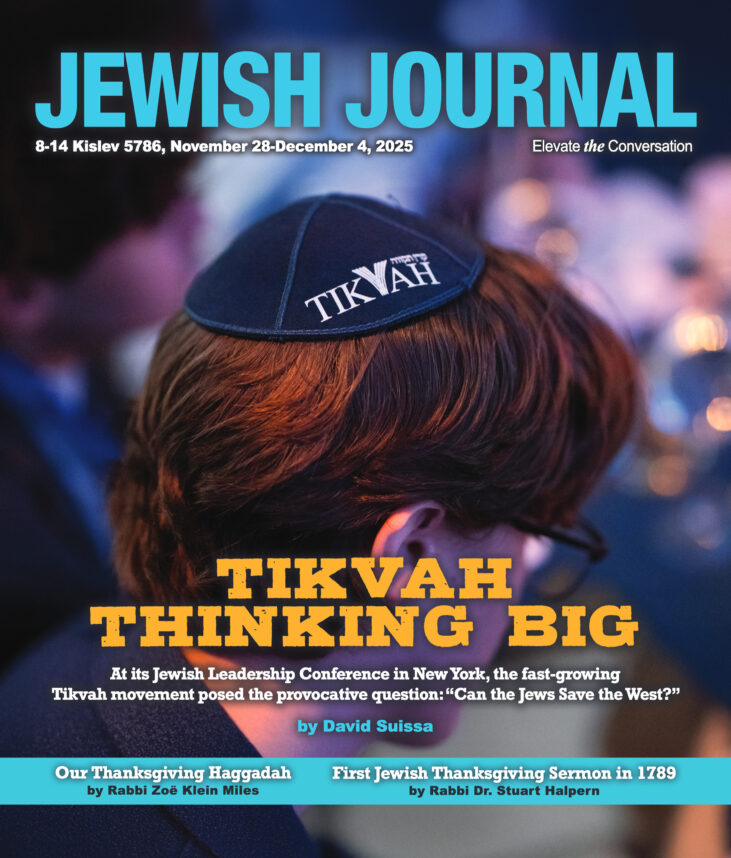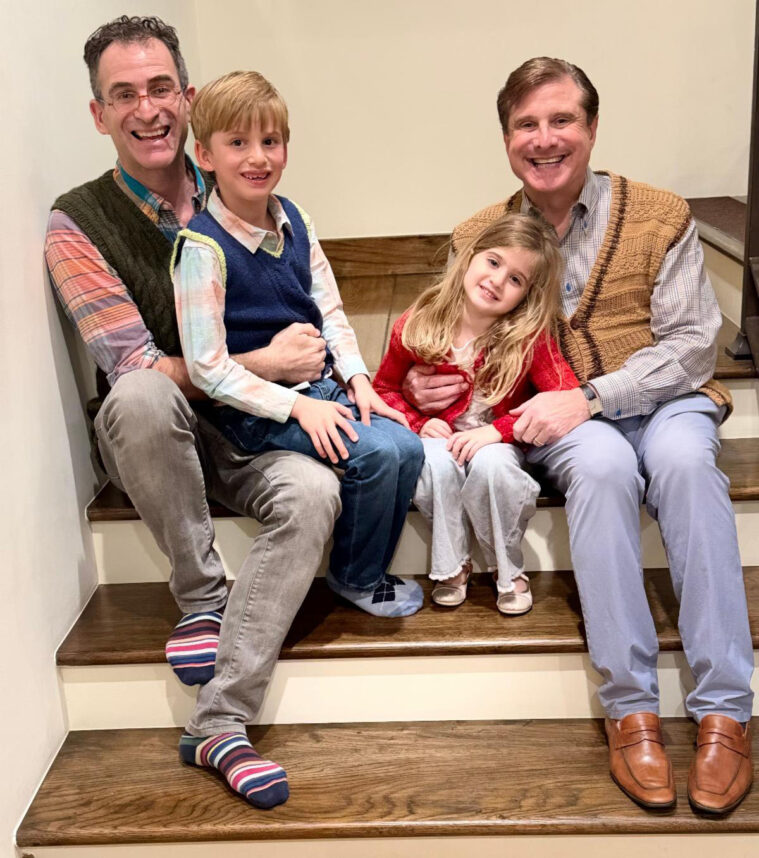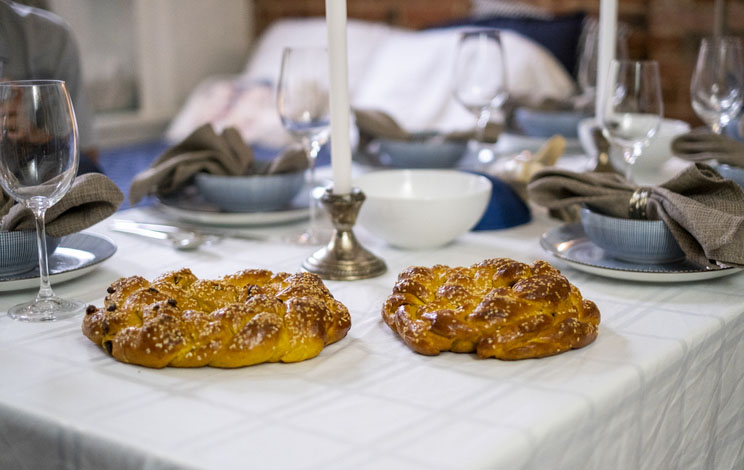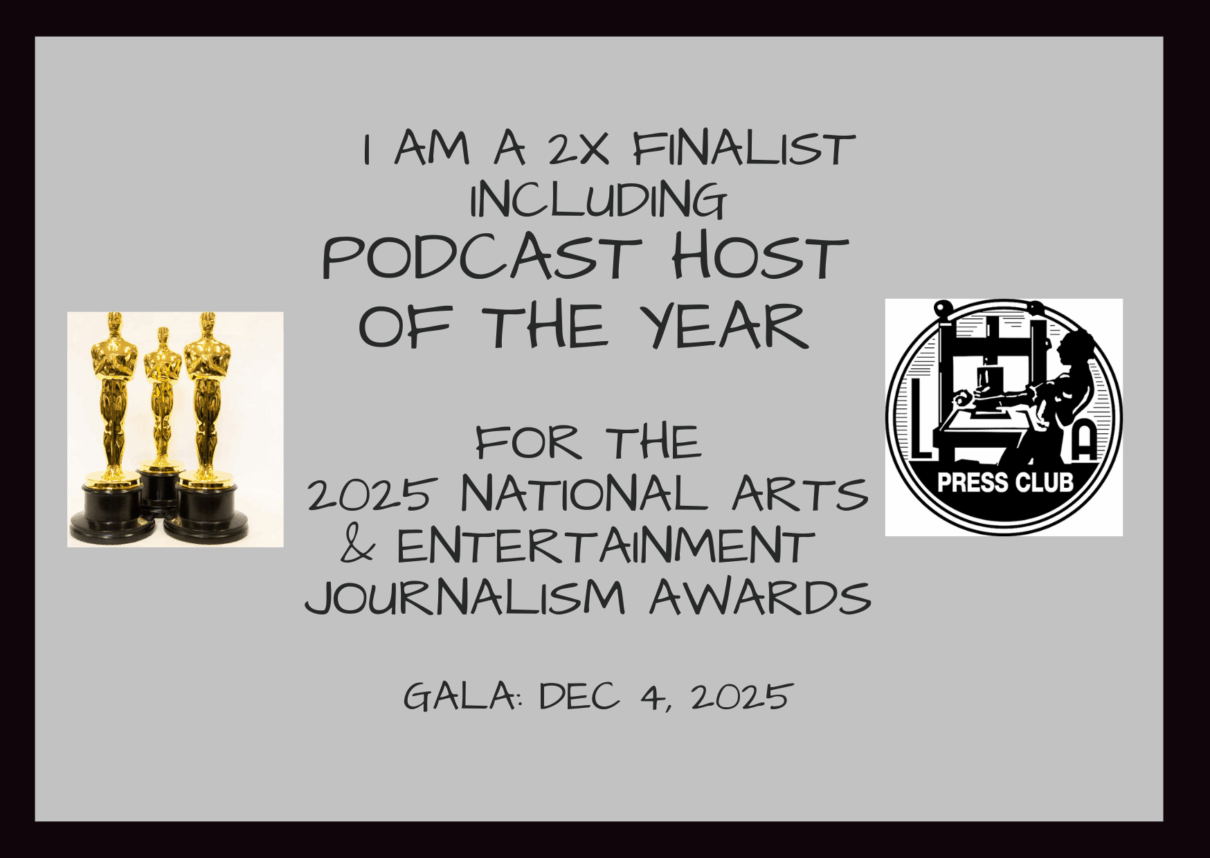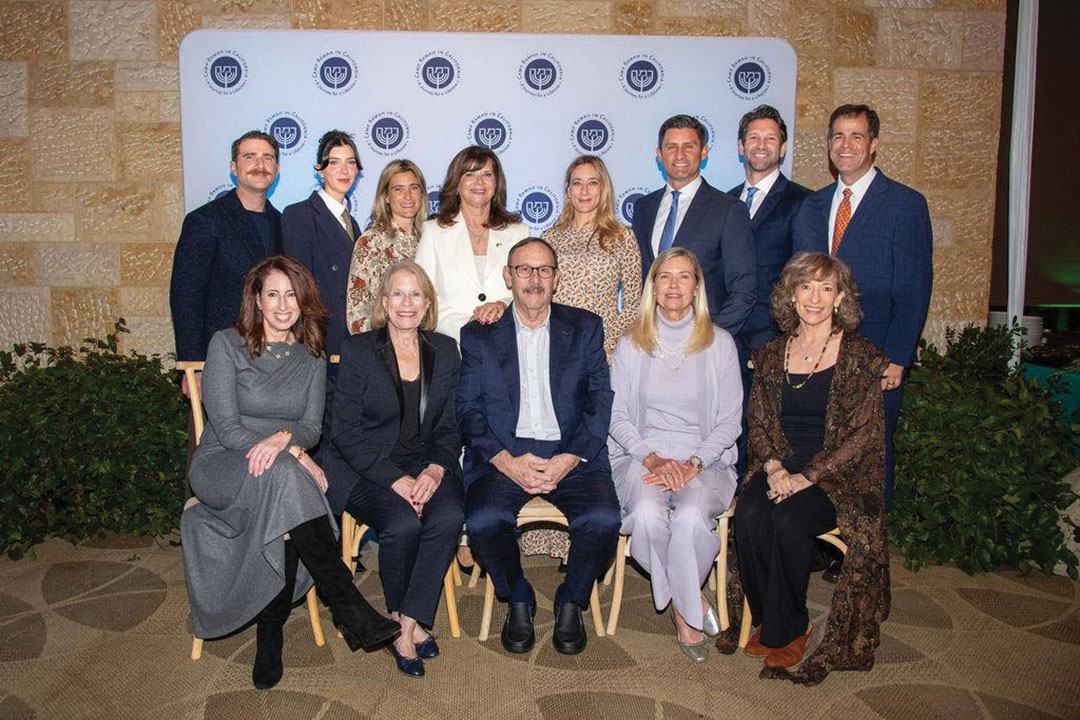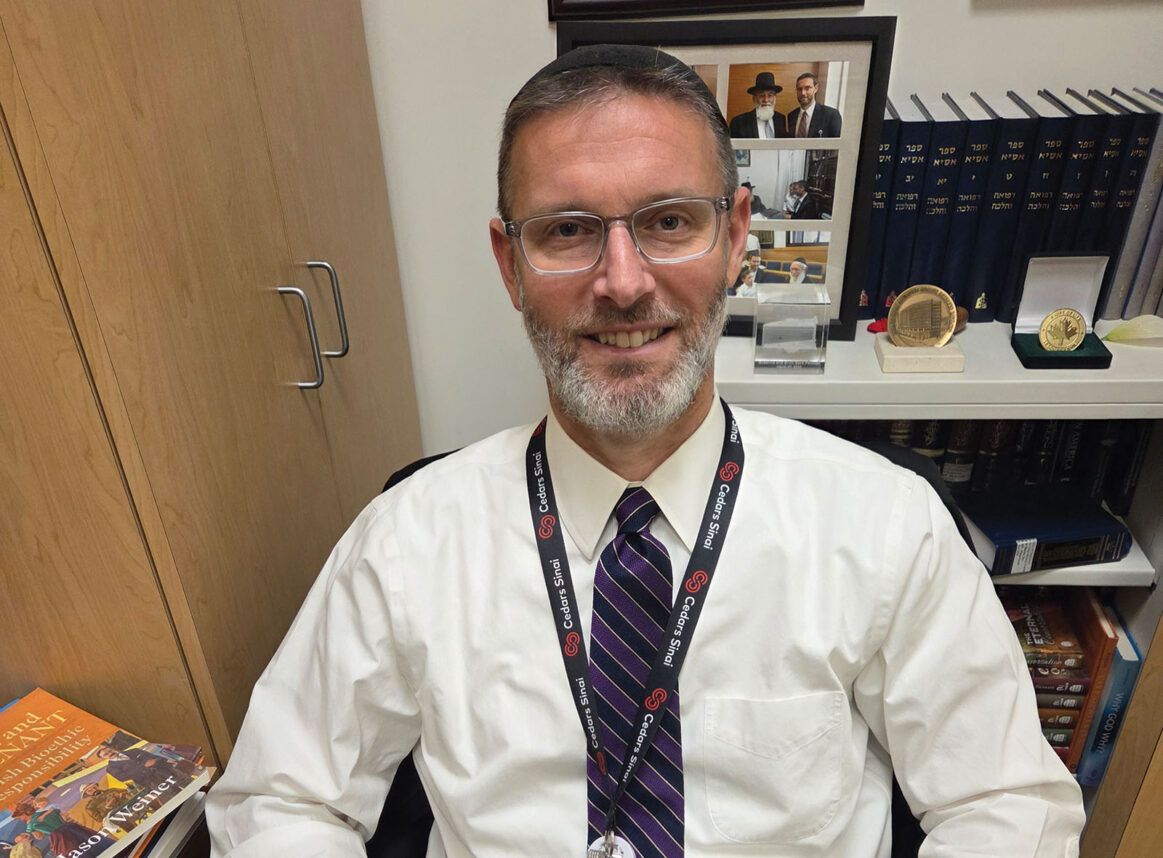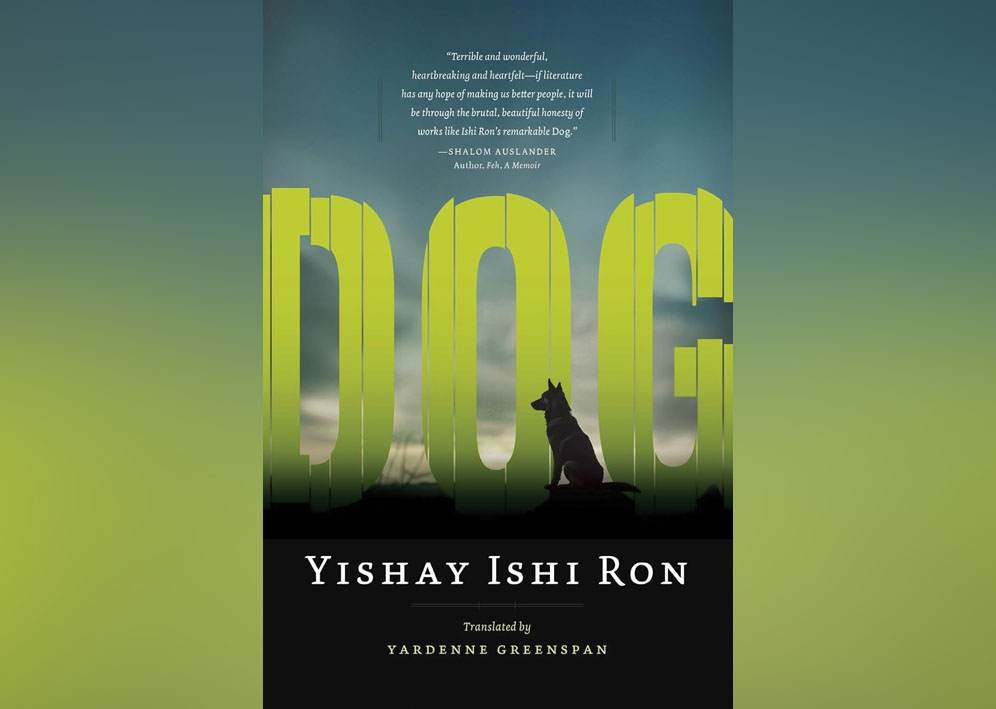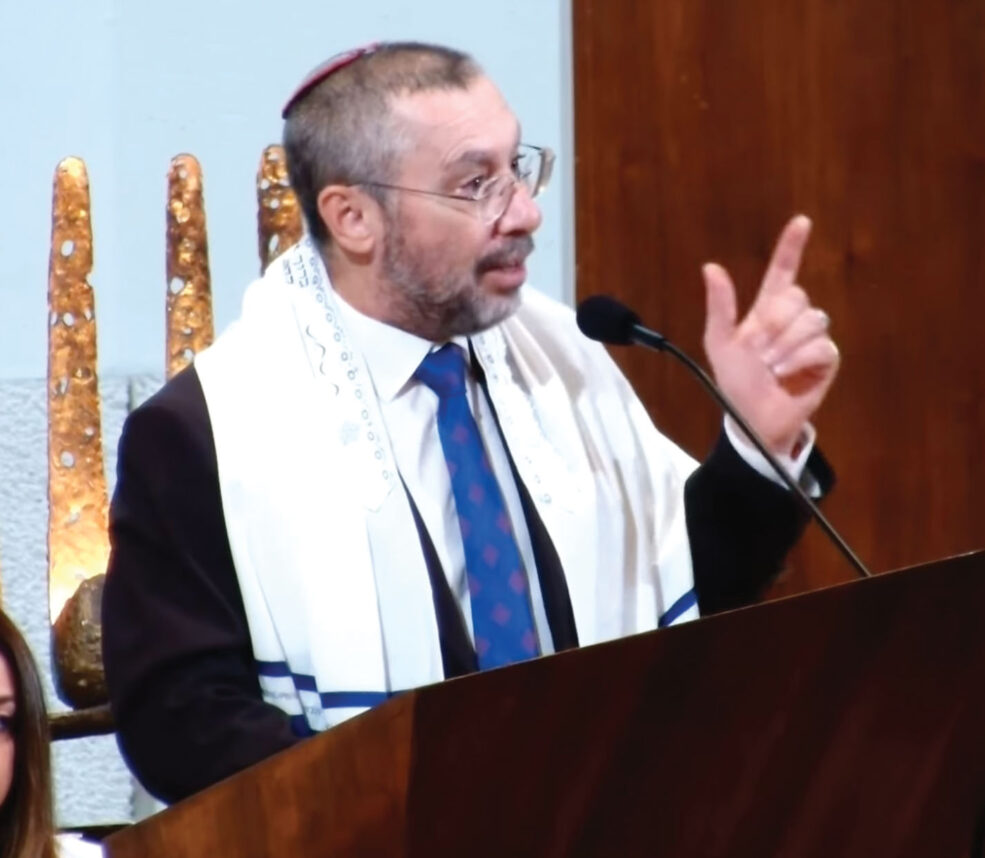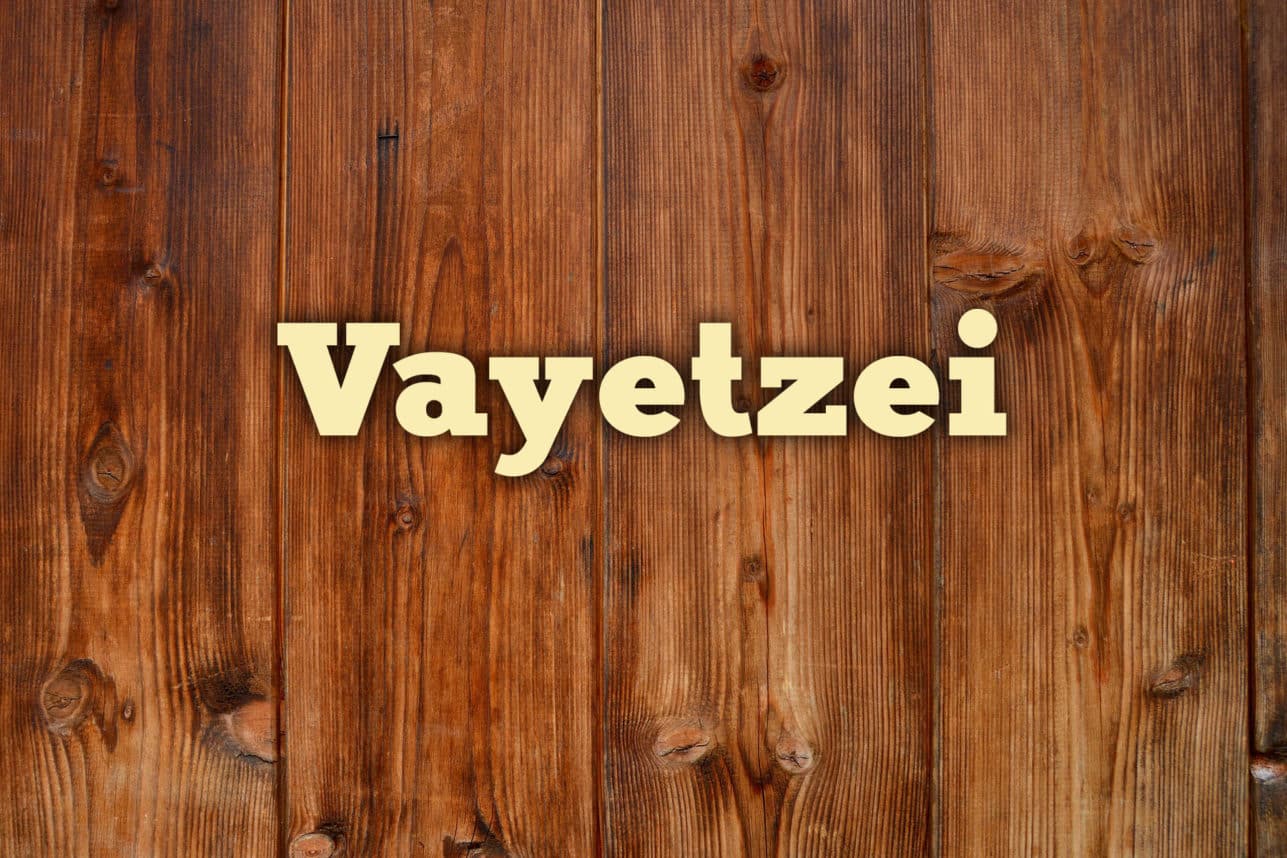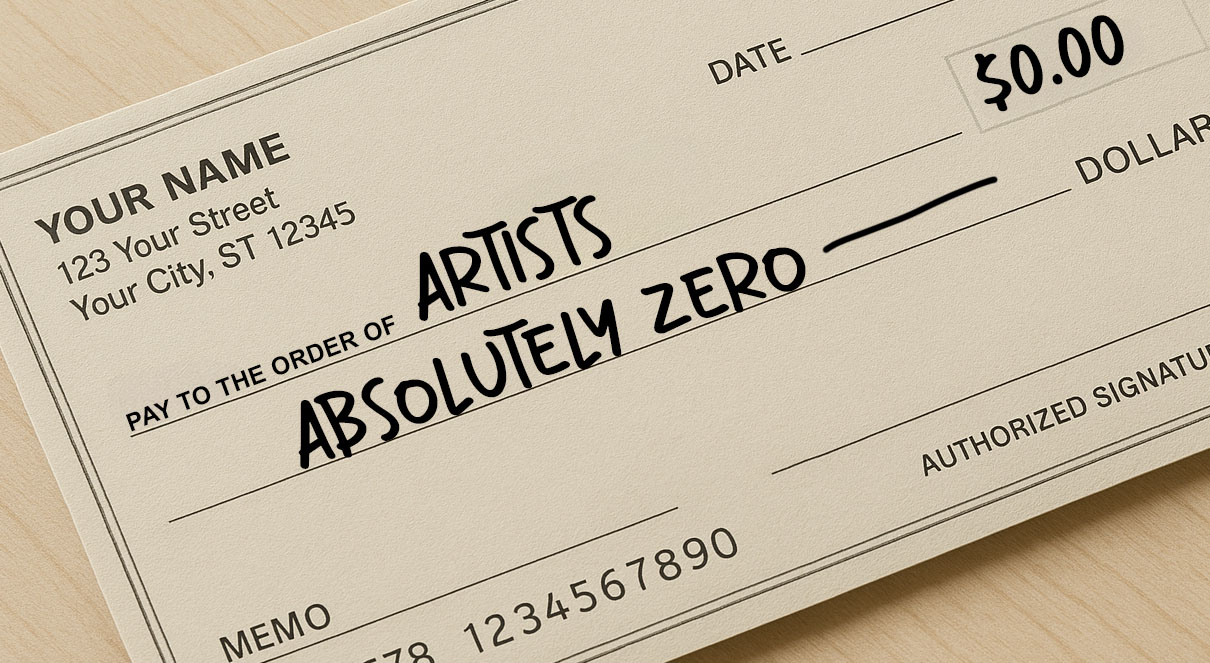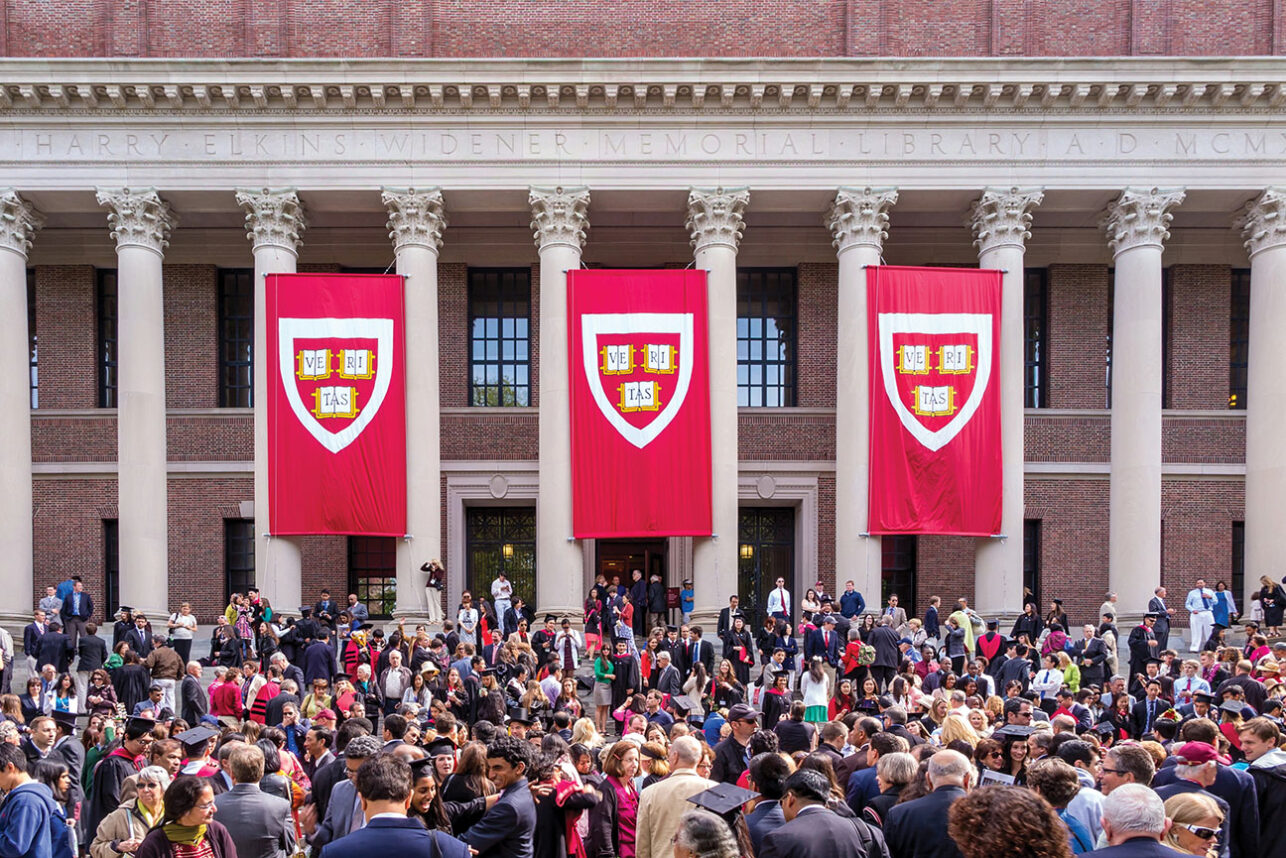Jazz stays vital by virtue of the young players who step up and bring something new to the music. One of the most delightful “arrivals” to the jazz world in the past several years is Israeli-born clarinetist and saxophonist Anat Cohen, who performs a free concert Tuesday night at the Hollywood & Highland complex. She combines virtuosity with warmth, the experimental with the universal, and an eclecticism that avoids the pitfalls of mish-mosh.
The clarinet has had a shrunken profile in jazz since the demise of the big band era, roughly 60 years ago. Clarinet-playing bandleaders like Benny Goodman, Artie Shaw (both of Russian-Jewish heritage, not coincidentally) and Woody Herman kept the demanding reed instrument in the public ear, playing for dancers and listeners alike. In the interim, the instrument divided its limited exposure to two camps: the jazz avant-garde and traditional revivalists. Virtuosos like the late Kenny Davern and Evan Christopher explore traditional jazz, while Perry Robinson and John Carter innovated in the jazz avant-garde. Don Byron has been the principal contemporary jazz clarinetist of the last 20 years, reimagining jazz repertory and klezmer toward his own ends.
In Anat (pronounced a-NOT) Cohen’s music, Israeli songs, jazz, Brazilian choros, klezmer, Cuban habaneras and more all have a place. Speaking from her home in New York, she said, “Clarinet is a natural folkloric instrument of world music. With it I can have the classical feel, but I can also bend the notes and play the subtones of jazz.”
She was a classical music student in Tel Aviv from a musical family (her brothers Avishai and Yuval have jazz careers in New York, as well) when she heard the siren call of jazz. “My younger brother Avishai was my first influence,” Cohen states. “He picked up the trumpet, and I listened to him. The way he played — with the half valves and the smears — made me want to play like him. I had a strong classical foundation, but I switched my major to jazz in high school.”
“The clarinet is not so dominant in Israeli music as it is in klezmer,” Cohen continues. “I heard klezmer when I was growing up, but for some reason I avoided it. I listened to Louis Armstrong instead. But the sense of melody is the connection between jazz and klezmer. They both use simple, minor melodies, and you can bend the notes. The same thing happens in choro and the music of other cultures. You can laugh and cry on the instrument; it’s really expressive.”
The jazz world has taken notice of Cohen through her work with the swing-rooted big band Diva, Brazilian drummer Duduka Da Fonseca’s band, the sibling group 3 Cohens she shares with Avishai and Yuval, the Gully Low Jazz Band, Pedro Ramos’ Choro Ensemble and her own Anzic Orchestra and small group. Last year, she won Downbeat magazine’s Rising Star award in the clarinet category and was voted Best Clarinetist by the Jazz Journalist Association, an international body.
Brazilian music is something she particularly enjoys. “It’s intimate and sensual,” Cohen reveals, “yet it’s for the people. Being in Brazil is fantastic because the people know the songs, and they join in with the singer. Everybody feels the music.”
The 33 year-old Cohen makes her local debut as a bandleader Thursday at the free “Wine, Jazz, and Moonlight” series (she visited as a sidewoman with the all-woman Diva on a couple of earlier occasions). She fields a quartet of keyboardist Jason Lindner, bassist Ben Street and drummer Daniel Freedman. They’ll be playing music from the upcoming “Notes From the Village” album on Cohen’s Anzic label.
Aside from her originals, Cohen takes a thoughtful (if far-ranging) approach to standards. She takes Fats Waller’s “Jitterbug Waltz” at double the usual tempo, executing the staccato theme like a football player high-stepping through tires at top speed. Her solo, though, is a playful dance of phrases with upturned ends and a paraphrase of an Irish jig. Sam Cooke’s civil rights lament, “A Change Is Gonna Come,” is full of soulful gravitas, with equal parts of mourning and hope.
Does she see herself as an Israeli ambassador to the music? “I definitely see myself as an international musician,” Cohen says. “When I play, I respect the source of the music, whether it’s Cuban, Brazilian or Israeli. I try to bring that to all of the music I play. Music has no borders and no flags.”
Told that her playing radiates a life force, she clarifies the point. “Israeli music,” she concludes, “has a lot of life — joy, but also a lot of sadness. My everyday life is not just walking around on clouds. But you have to give the really special things in life importance and not let the temporary things roll you off the road.”
The Anat Cohen Quartet will perform July 29 at 7 p.m. as part of the Wine, Jazz and Moonlight series at 6801 Hollywood Blvd., Hollywood.
Did you enjoy this article?
You'll love our roundtable.
Editor's Picks



What Ever Happened to the LA Times?

Who Are the Jews On Joe Biden’s Cabinet?


No Labels: The Group Fighting for the Political Center
Latest Articles


The Label That Stings: Jew-Haters Are Losers
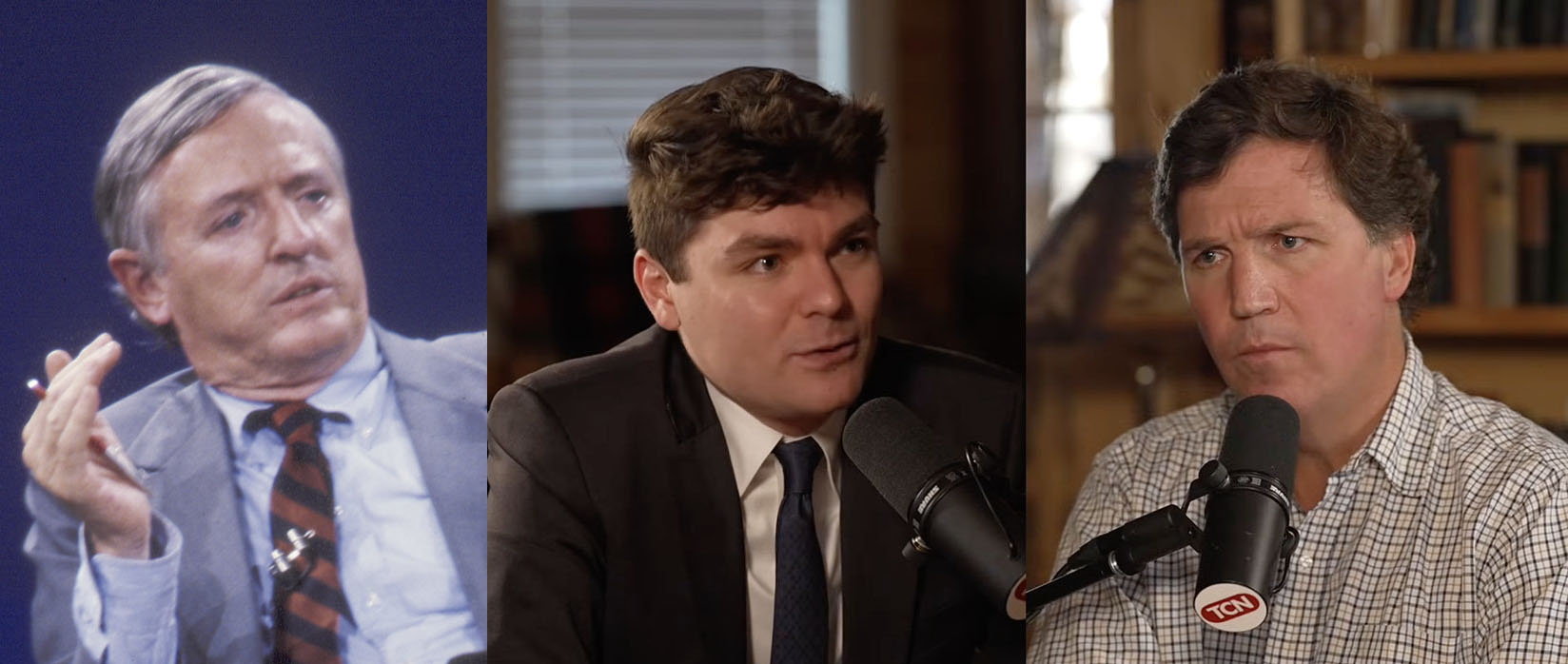
We Can’t Fight Antisemitism By Killing Free Speech
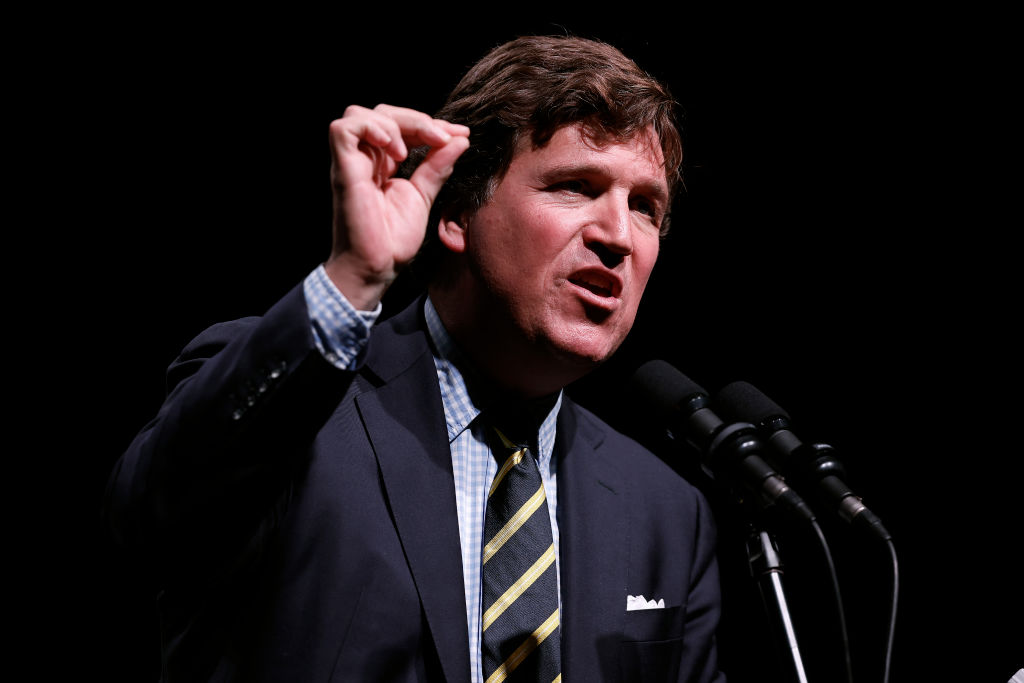

Peter Beinart’s Embrace of Jewish Powerlessness and anti-Zionism



